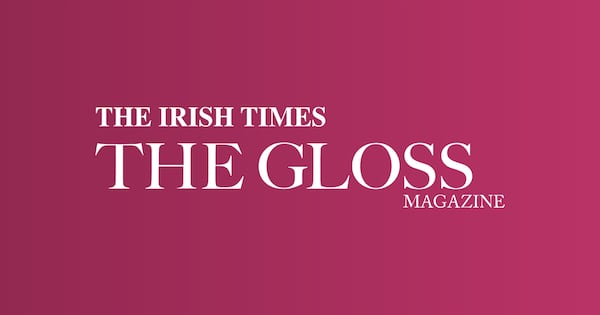Wedding planning is stressful, expensive and time-consuming, yet couples everywhere embark on this odyssey in the hope of setting a personal benchmark for commitment and togetherness. Memories are made and, when the party is over, treasured remnants remain. A slice of cake in a freezer. A set of slickly produced photographs. A beautiful dress. And a sizeable hole in someone’s bank account.
With the thrifty bride in mind, Asos has released a collection of affordable wedding dresses and – to the surprise of some, whom we will get to later – they are every bit as camera-ready as their more bespoke counterparts. With a maximum price of €368, Asos Bridal taps into a way of thinking that is almost egalitarian: a bride deserves a beautiful dress without the eye-watering price tag.
Classically cool

And indeed, the dresses are beautiful, from the classically cool Grace Kelly-ish satin strappy frock with a nipped-in bodice and wide, flowing skirt, to the thoroughly modern, plunging neckline, clean-lined bridal jumpsuit with a flowing cape train, or the daring hand-appliquéed 3D lace maxi with sheer and buff panels.
Asos has also aggregated other dresses from external ranges, including from petite and plus-size ranges, so the choice from the online giant is refreshingly unrestrictive.
H&M has also joined the bridal market. Its Conscious Exclusive collection, which concentrates on sustainable materials and methods of production. It includes several wedding dresses and formal separates, the most expensive of which tops out at €500. These dresses concentrate mostly on heavy embellishment, interesting textures and fluid silhouettes.
Asos and H&M have not exactly spearheaded the movement towards affordable conventional bridal wear, but they have certainly boosted it. A new generation of brides have become thrift-seekers, unable or unwilling to sacrifice thousands at the bridal shop altar.
However, there is still a thread of fashion criticism that would seek to dismiss these dresses as somehow lesser than couture dresses.
Australian fashion commentator Rachel Wells wrote an opinion piece that accused the dresses, and by extension the brands, of cheapening the act of getting married itself. She wrote: “I am well aware that not every bride can afford to, or would even want to, spend thousands of dollars on a bespoke wedding dress, and I’m certainly not suggesting they should, but I can’t help but feeling that wedding dresses that cost less than your weekly grocery bill and are manufactured in a conveyor-belt fashion in a faraway factory for even less, somewhat trivialises the significance and sanctity of a wedding.”
Even if you sympathise with Wells on this topic, the hard fact is that many women simply do not have the funds to buy expensive dresses and should not feel as if they are diminishing “the significance and sanctity” of the day. A day isn’t made special by a dress, and a dress isn’t made special by throwing wads of cash at it. To think otherwise is snobbery.
Wells also decries the lack of occasion in buying a dress online or on the high street. But for every bride who loves a glass of prosecco while trying on gowns in a fragrant atelier, there is another who finds the process mind-numbing, brutal or bland. The theory that these dresses are easily consumable goods doesn’t really fly either. Women tend not to buy wedding dresses in bulk. There can only be one (or two, or three if you’re really lucky).
Weddings, as anyone who reads the bridal pages in Vogue will tell you, are a class issue. Money buys spectacle and grandness, and couples without that money should not be deemed less special. Although getting married isn't as much an inevitability as death and taxes, weddings are experiences open to almost everyone. Money should not decide their validity.










